The use of cannabidiol (CBD) as a natural remedy for various health conditions has become increasingly popular in recent years.
CBD has been shown to help with anxiety, depression, pain, and even post-traumatic stress disorder (PTSD), making it an attractive alternative to traditional medication.
With the growing interest in CBD, it is no surprise that many veterans are turning to CBD as a possible treatment option for their health issues.
However, there is currently no official policy regarding the use of CBD in the Veteran Affairs (VA) healthcare system.
As a result, many veterans who wish to explore the benefits of CBD are forced to do so on their own, without the guidance or support of the VA.
This is a missed opportunity to provide veterans with safe and effective alternatives to traditional medication, as well as a chance to improve their quality of life.
In part three of Integrating CBD into the VA Healthcare System, we will explore the steps needed to integrate CBD into the VA healthcare system, so that veterans can have access to this natural remedy under the guidance of healthcare professionals.
Step 1: Education and Research
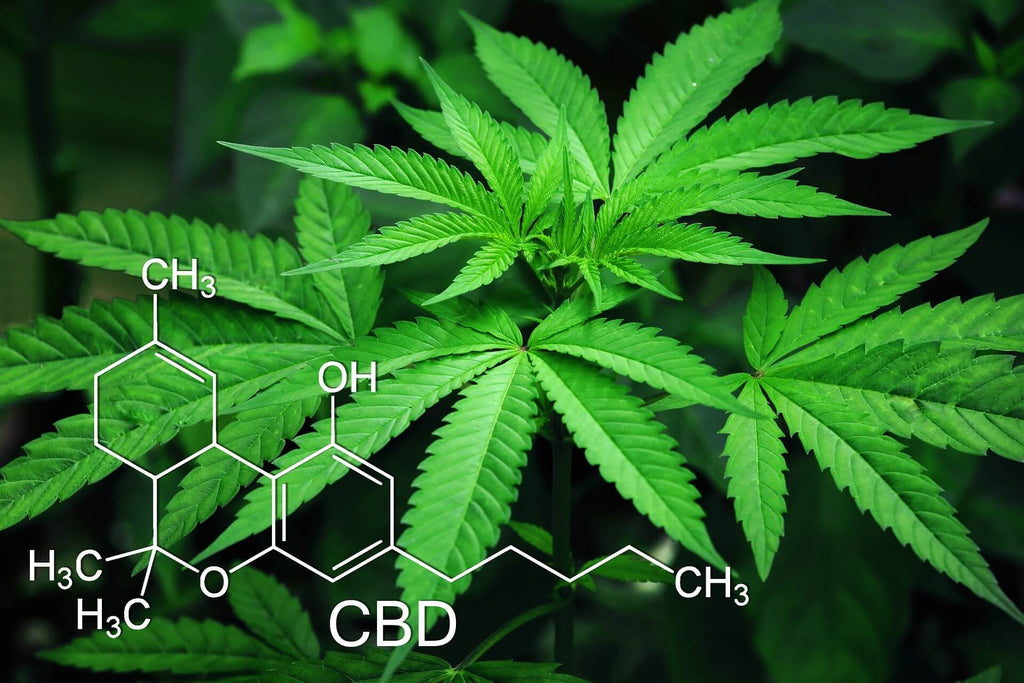
The first step in integrating CBD into the VA healthcare system is education and research.
It is important for VA healthcare professionals to have a basic understanding of what CBD is, how it works, and what its potential benefits and risks are.
This can be achieved through training programs, workshops, and seminars.
In addition, research on the effectiveness and safety of CBD should be conducted to provide healthcare professionals with evidence-based information.
The VA can partner with universities, research institutions, and other organizations to conduct clinical trials and studies on CBD.
This research should be tailored specifically to veterans and their health conditions, as well as to the dosages and methods of administration that are most effective for them.
Step 2: Policy Development
Once healthcare professionals have a basic understanding of CBD and its potential benefits, the next step is to develop policies around its use.
This includes creating guidelines for recommending, prescribing, and monitoring CBD use in veterans.
Policies should also address issues such as dosing, potential drug interactions, and adverse effects.
The development of these policies should involve input from a variety of stakeholders, including VA healthcare professionals, veterans, and CBD industry experts.
These policies should be reviewed and updated regularly to reflect new research findings, changes in CBD products, and evolving best practices.
Step 3: Training and Certification
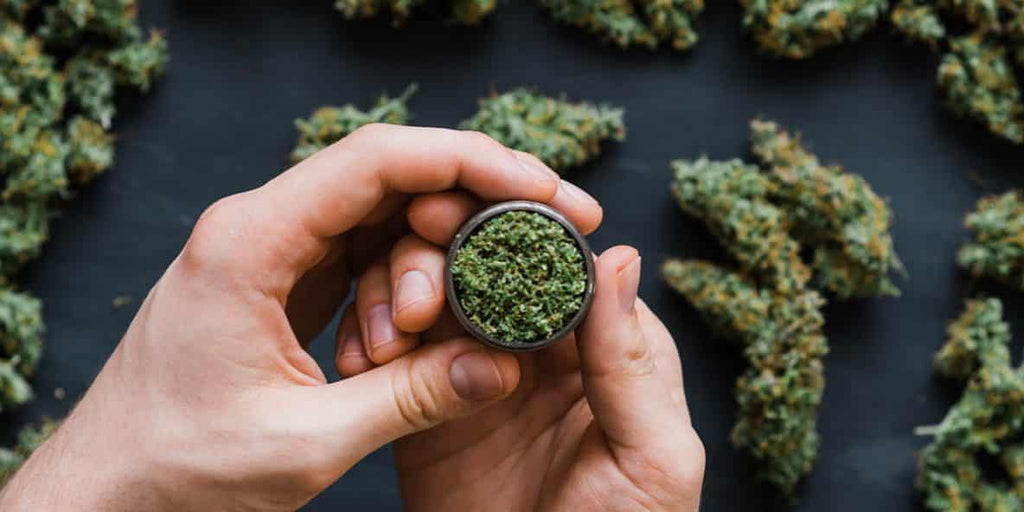
In order to ensure that healthcare professionals are able to properly prescribe and monitor the use of CBD, they will need specialized training and certification.
This training should cover the basics of CBD pharmacology, the conditions for which CBD is appropriate, and how to properly dose and monitor patients.
Certification should be based on competency and can be achieved through a combination of coursework, exams, and continuing education requirements.
VA healthcare professionals who are certified to prescribe and monitor the use of CBD should be listed in a database that is accessible to all VA facilities.
Step 4: Access to CBD Products
The next step is to ensure that CBD products are readily available to veterans who need them.
This involves identifying high-quality CBD products that meet VA standards, and making them available through VA dispensaries and other distribution channels.
To ensure quality and consistency, the VA should consider partnering with reputable CBD manufacturers and distributors.
The VA should also establish a system for testing and verifying the purity and potency of CBD products before they are made available to veterans.
Step 5: Patient Education and Counseling
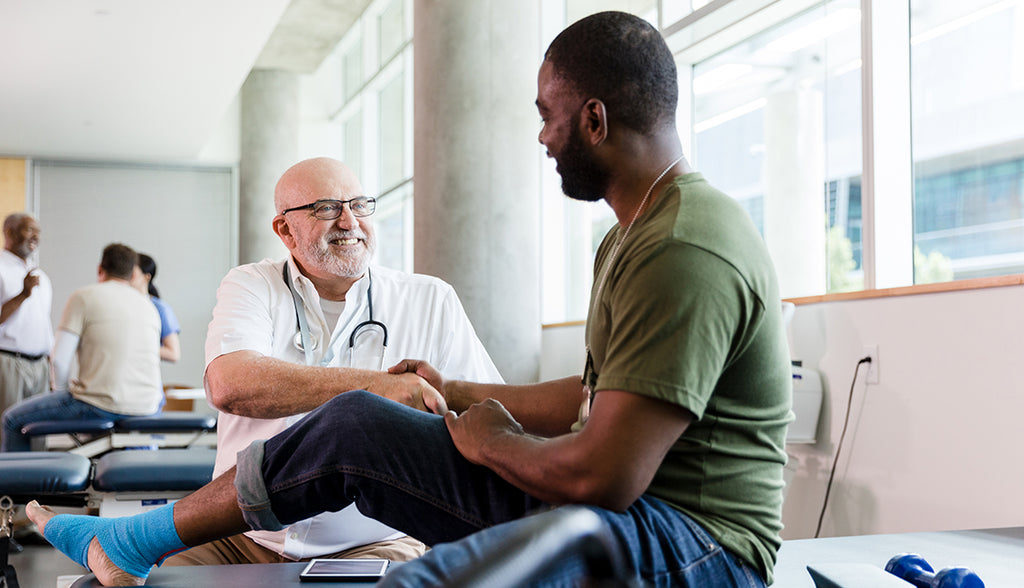
It is important to provide veterans with education and counseling on the proper use of CBD, including its potential benefits and risks, as well as any drug interactions or contraindications.
This education can be provided through a variety of channels, including one-on-one counseling, support groups, and informational materials.
The VA should also provide veterans with access to resources that can help them make informed decisions about their CBD use, such as online forums, social media groups, and peer-reviewed articles.
In addition, VA healthcare professionals should regularly check in with veterans who are using CBD to monitor their progress and ensure that they are using the product safely and effectively.
This can help prevent adverse effects and drug interactions, as well as ensure that veterans are receiving the maximum benefits from their CBD use.
Step 6: Data Collection and Analysis
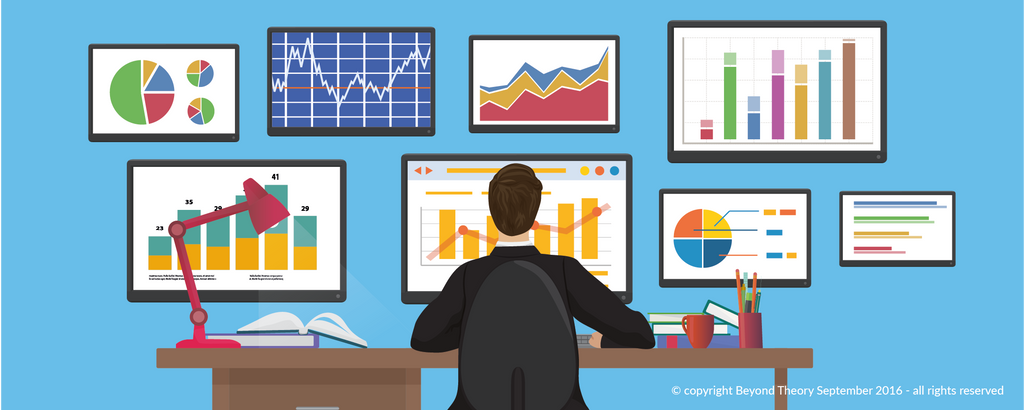
Finally, it is important to collect and analyze data on the use of CBD in the VA healthcare system.
This data can help identify trends and best practices, as well as potential risks and areas for improvement.
The VA should establish a system for collecting data on CBD use, including patient outcomes, adverse effects, and patient satisfaction.
This data should be analyzed on a regular basis to identify trends and areas for improvement.
The results of this analysis should be shared with VA healthcare professionals, policymakers, and the public to promote transparency and accountability.
The Bottom Line
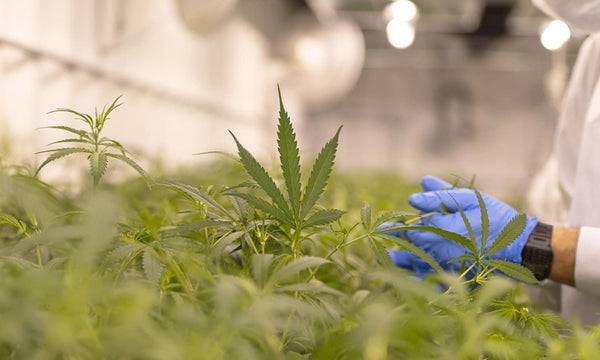
Integrating CBD into the VA healthcare system is a complex and multifaceted process that requires education, policy development, training and certification, access to quality products, patient education and counseling, and data collection and analysis.
While there are challenges to integrating CBD into the VA healthcare system, the potential benefits for veterans are significant and should not be ignored.
By providing veterans with safe and effective alternatives to traditional medication, the VA can improve the quality of life for many veterans who are struggling with chronic pain, anxiety, depression, and other health conditions.
With the right education, policies, and infrastructure in place, the VA can make CBD a viable treatment option for veterans, while ensuring that it is used safely and effectively.
As we move forward, it is important to continue to research and monitor the use of CBD in the VA healthcare system to ensure that veterans receive the best possible care.
By working together, we can make CBD a valuable addition to the range of treatment options available to veterans, and improve the lives of those who have served our country.
The fight continues...
Reference list:
U.S. Department of Veterans Affairs. (2021). VA Research on Marijuana and PTSD. Retrieved from https://www.research.va.gov/topics/marijuana.cfm
Committee on the Health Effects of Marijuana: An Evidence Review and Research Agenda, Board on Population Health and Public Health Practice, Health and Medicine Division, National Academies of Sciences, Engineering, and Medicine. (2017). The Health Effects of Cannabis and Cannabinoids: The Current State of Evidence and Recommendations for Research. Washington (DC): National Academies Press (US).
National Conference of State Legislatures. (2021). State Medical Marijuana Laws. Retrieved from https://www.ncsl.org/research/health/state-medical-marijuana-laws.aspx
HHS.gov. (2021). FDA Regulation of Cannabis and Cannabis-Derived Products, Including Cannabidiol (CBD). Retrieved from https://www.fda.gov/news-events/public-health-focus/fda-regulation-cannabis-and-cannabis-derived-products-including-cannabidiol-cbd
Bonn-Miller, M.O., Loflin, M.J.E., Thomas, B.F., Marcu, J.P., Hyke, T., & Vandrey, R. (2017). Labeling Accuracy of Cannabidiol Extracts Sold Online. JAMA, 318(17), 1708-1709.
World Health Organization. (2018). Cannabidiol (CBD) Critical Review Report. Retrieved from https://www.who.int/medicines/access/controlled-substances/CannabidiolCriticalReview.pdf
U.S. Department of Veterans Affairs. (2021). PTSD: National Center for PTSD. Retrieved from https://www.ptsd.va.gov/
Bonn-Miller, M.O., Boden, M.T., Bucossi, M.M., Babson, K.A., & Vandrey, R. (2014). Self-reported cannabis use characteristics, patterns and helpfulness among medical cannabis users. The American Journal of Drug and Alcohol Abuse, 40(1), 23-30.
U.S. Department of Veterans Affairs. (2021). VA Forms. Retrieved from https://www.va.gov/vaforms/
U.S. Department of Veterans Affairs. (2021). VA Research: Research Topics. Retrieved from https://www.research.va.gov/topics/default.cfm

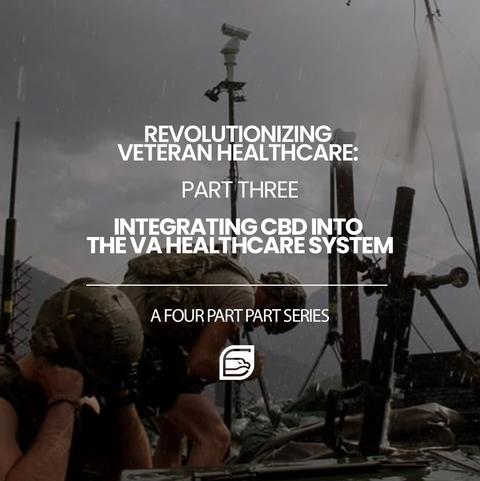
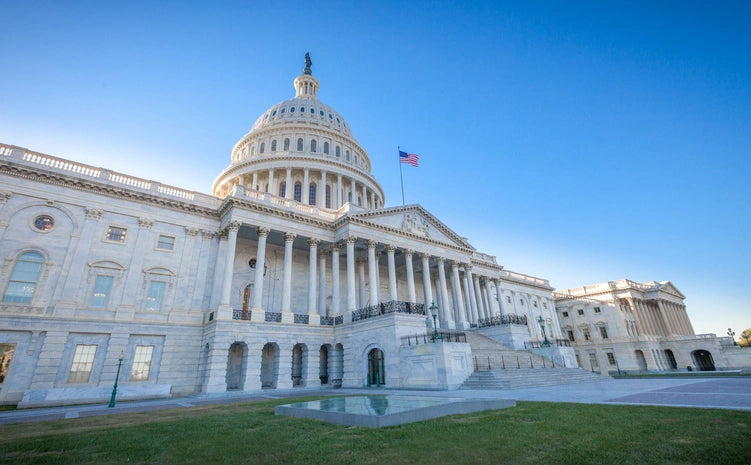
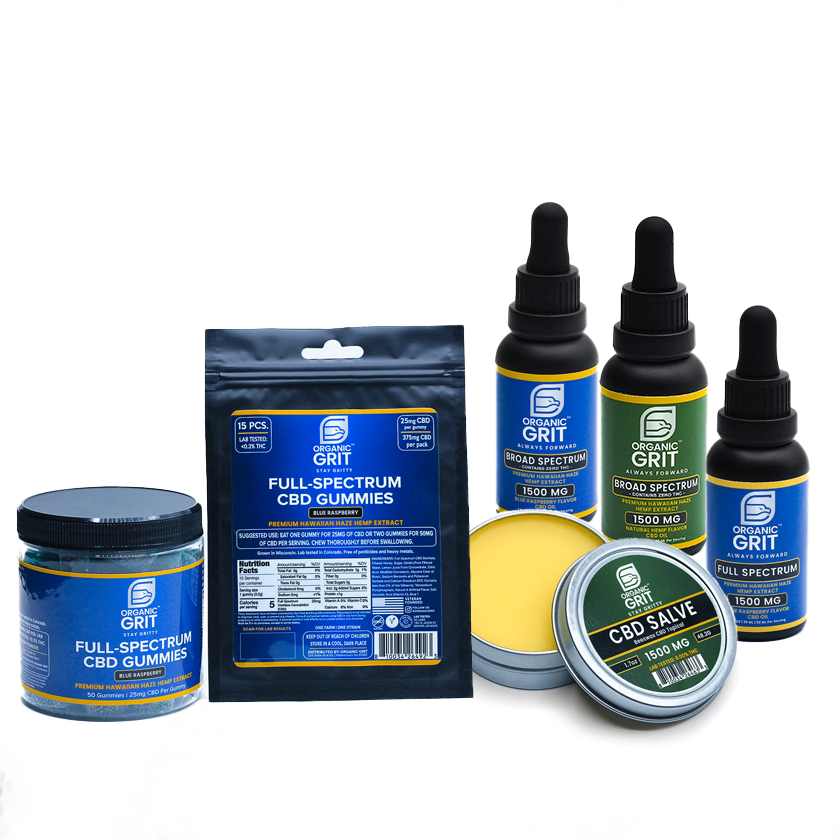
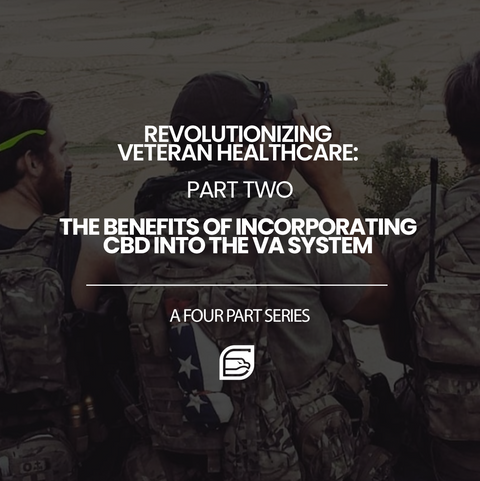
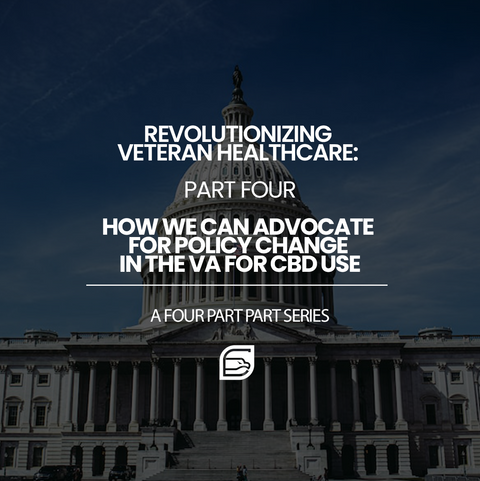
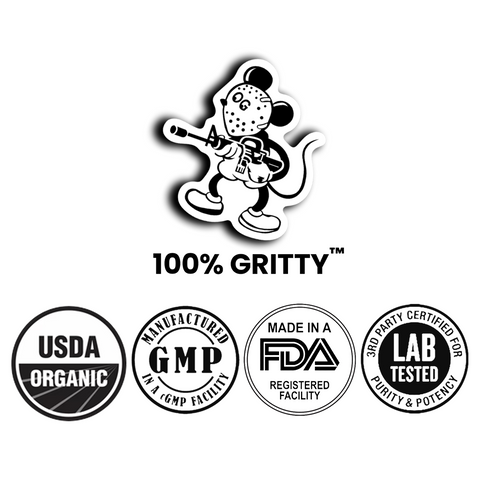
Comments (0)
There are no comments for this article. Be the first one to leave a message!